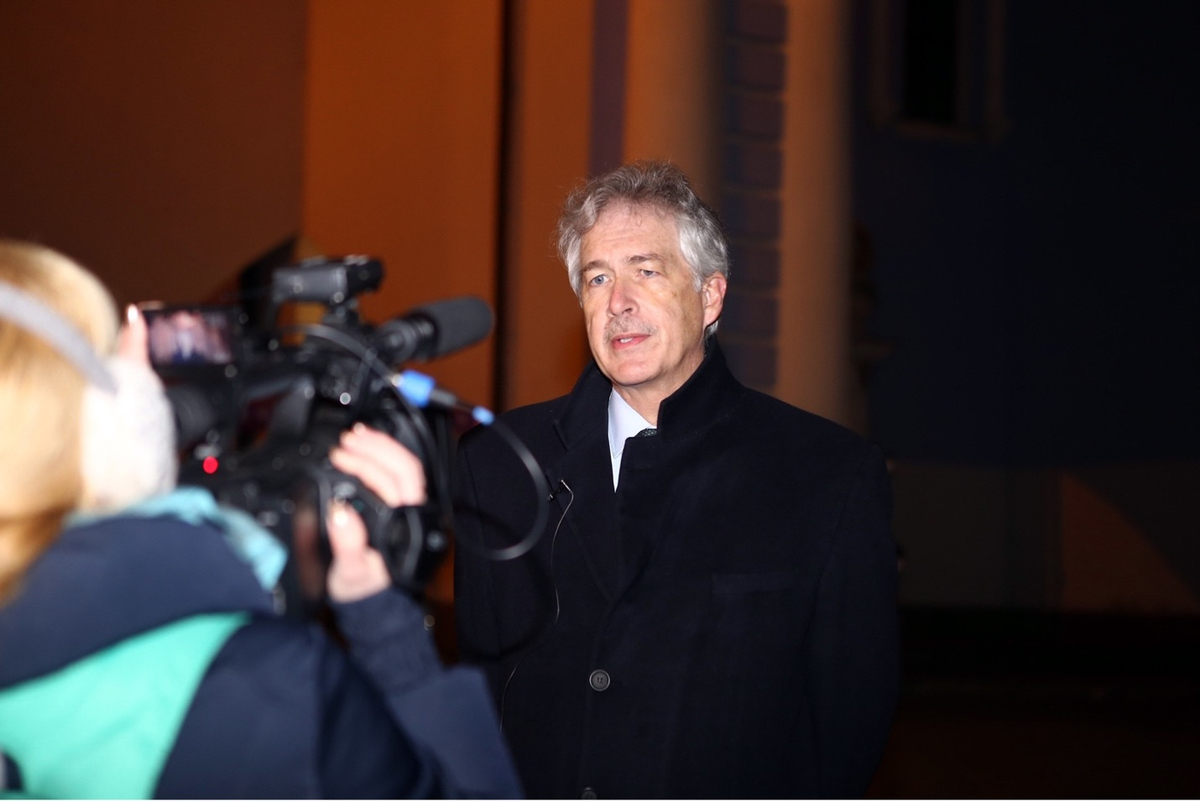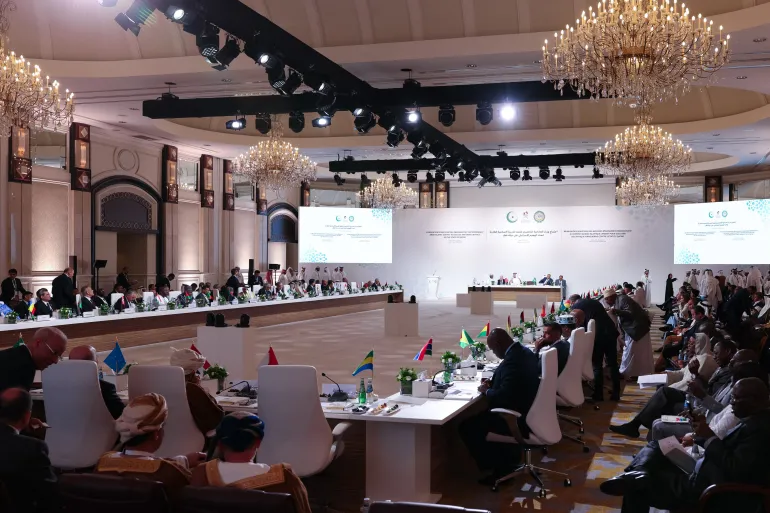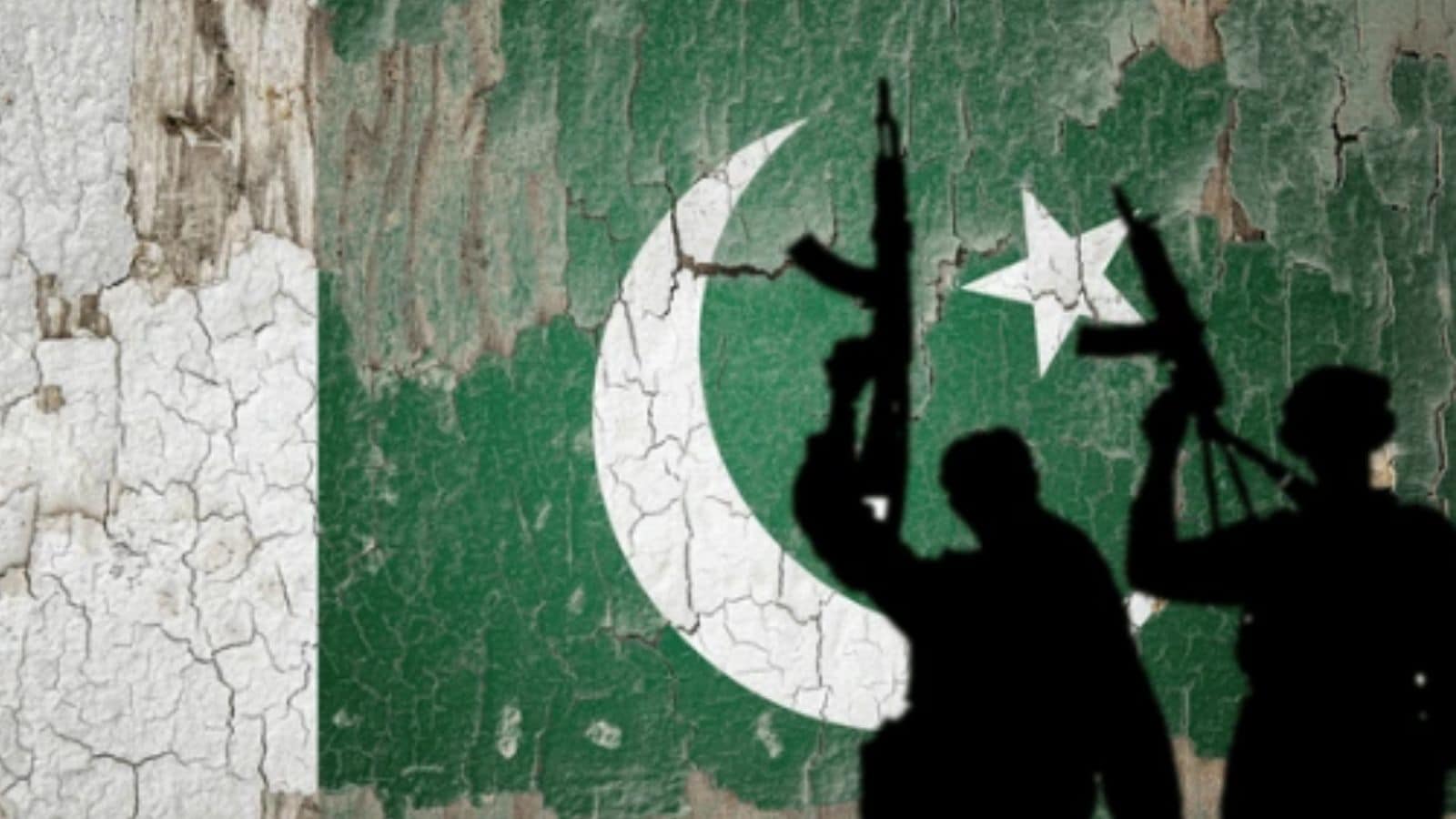By Alex Raufoglu
Copyright kyivpost

Former CIA Director William Burns, reflecting on his time in public service, on Tuesday spoke about the pivotal role of intelligence as the Russia-Ukraine crisis unfolded. He emphasized the importance of early warning and the strategic use of intelligence to counter disinformation.
Speaking at a Carnegie Endowment for International Peace event, Burns, who once also served as US ambassador to Russia, claimed that his long-standing interaction with Vladimir Putin gave him a unique perspective on the lead-up to the war.
He described the Russian dictator as a “combustible combination of grievance and ambition and insecurity all wrapped up together.” He also noted that since the Orange Revolution in Ukraine in 2004, Putin had viewed what he saw as “regime change” in Russia’s sphere of influence as a direct threat to his own power.
Exposing Putin’s Flawed Assumptions
Burns recalled the period leading up to Russia’s full-scale invasion of Ukraine, noting that in late 2021, the CIA had “exquisite intelligence” revealing Putin’s invasion plans.
This intelligence, combined with his own extensive history with Putin, convinced him of the Russian leader’s seriousness.
In November 2021, President Biden sent Burns to Moscow to warn Putin directly, laying out the precise details of what the US knew. Putin, however, was “utterly unapologetic.”
Burns believes that Putin’s decision to invade was based on fundamentally flawed assumptions.
Putin was convinced the timing was tactically favorable and that the Russian military was modernized enough to easily overcome Ukraine. He also held a dim view of the ability of Europe and the US to respond effectively.
Putin thought he had “sanctions-proofed” the Russian economy. These assumptions stemmed from a closed decision-making process where his inner circle was small and filled with individuals who either shared his hardline views or were unwilling to challenge his judgment.
Building a Coalition and Countering Russian Narratives
Burns maintained that Putin’s war has already been a “strategic failure” for Russia. He pointed to Moscow’s military weaknesses being laid bare, its economy being “badly damaged,” and its future being shaped as a “junior partner and economic colony of China.”
He also noted that Putin’s “revanchist ambitions” have been “blunted by a NATO that has only grown bigger and stronger.” But the Kremlin leaders still held a “dim view” of Europe’s ability to respond and believed the US would not likely provide significant support.
“Those were fundamentally flawed assumptions,” Burns said. He attributed these errors to Putin relied on an ever more narrow circle of advisors made up of those who either shared his views or had learned it was not “career enhancing to challenge his judgments.”A key aspect of the US response, Burns explained, was leveraging the intelligence to build a strong international coalition. “The credibility of our intelligence… helped the president and policymakers to build a strong coalition,” he stated. He added that it also helped in supporting the Ukrainians.Burns also highlighted the strategic decision to declassify some of the intelligence to expose Putin’s plans. This was done to deny Putin “the ability to create false narratives, which I had watched over him do all too often over many years.”
He emphasized the importance of this, noting that in the past, the US often struggled to counter Russian misinformation.
Burns concluded by stressing the strong relationship built between the CIA and its Ukrainian partners, which began after Russia’s illegal annexation of Crimea in 2014.
This long-term partnership proved crucial, contributing to Ukraine’s ability to withstand the invasion. Burns himself traveled to Ukraine 14 times as director, more than any other single place, to underscore the commitment of the U.S. and the agency.



